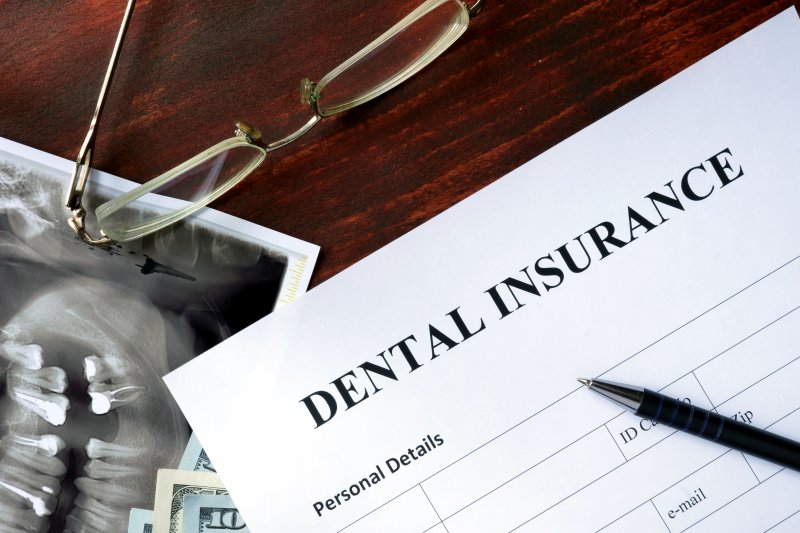
Many people all across the country have dental insurance and benefit from it every year. In fact, the National Association of Dental Plans reports that 77 million Americans have dental benefits, and most of them have private coverage through an employer or group program. However, since it is so different from medical insurance, it can be difficult to navigate and grasp a full understanding on how to best maximize your benefits. Thankfully, your dentist in Bellingham is here to help. Continue reading to learn more about the different types of plans, what they cover, and other things you should know.
What Types of Plans Are Out There?
There are several different types of dental insurance. Here are the most common ones you have to choose from:
- Dental Health Maintenance Organization (DHMO): With this type of dental insurance plan, your insurance company gives you a list of dentists that will accept your plan for a set co-pay or no fee. However, you will be unable to receive any coverage if you see a dental provider that is not on this list of in-network dentists.
- Preferred Provider Organization (PPO): With a PPO plan, you have the option to choose whatever dental provider that you like. You will still have a list of dentists who are in-network with your insurance company, but you can choose one that is out-of-network too. However, if you do this, you will likely end up with higher out-of-pocket costs.
- Discount Dental Plans: This plan allows you to get a discount on dental services from a select group of dentists. None of your care will be covered, but participating dentists will give you a discount.
What Does Dental Insurance Cover?
Most dental insurance plans tend to follow a 100-80-50 coverage structure. This means that they cover the following:
- 100% of Preventive Care: This includes regular cleanings, checkups, routine x-rays, and more.
- 80% of Basic Procedures: Basic treatments include fillings, periodontal scaling, and other non-invasive procedures.
- 50% of Major Procedures: Treatments that are more complex fall under this category. This includes root canals, dental implants, crowns, and orthodontic treatment.
What Terms Do You Need to Know?
- Deductible: This is what you pay every year out-of-pocket before your insurance begins to cover treatment costs. This doesn’t usually apply to diagnostic and preventive treatments.
- Maximum: This is the most money that your plan will cover within one benefit period. The remaining costs will be your responsibility.
- Coinsurance: If you have a fee-for-service plan, this will pay a predetermined percentage of the cost of your treatments and leave you responsible for paying the remaining amount. This part of your out-of-pocket cost is known as “coinsurance.”
- Dual Coverage: For patients who have benefits from multiple plans, this is called “duel coverage.” However, the total amount paid cannot exceed 100% of dental expenses.
- Copayment: If you have a closed network, prepaid, fixed copayment plan, you will pay a set dollar amount for covered services instead of a percentage.
Remember that at the end of the year, your benefits will most likely reset. This means that you will miss out on any unused benefits and they will not carry over to next year. If you are in need of dental treatment, now would be a great time to head to the dental office. This way, you can avoid needing to pay your annual deductible until next time.
About the Author
Dr. Ronald A. Moreno is an experienced dentist who has been practicing for over 25 years! He earned his DDS from Georgetown University’s dental school and is a member of both the Mount District Dental Society and the American Dental Association. For more information on dental insurance or to schedule a consultation, visit his website or call (360) 676-0642.

